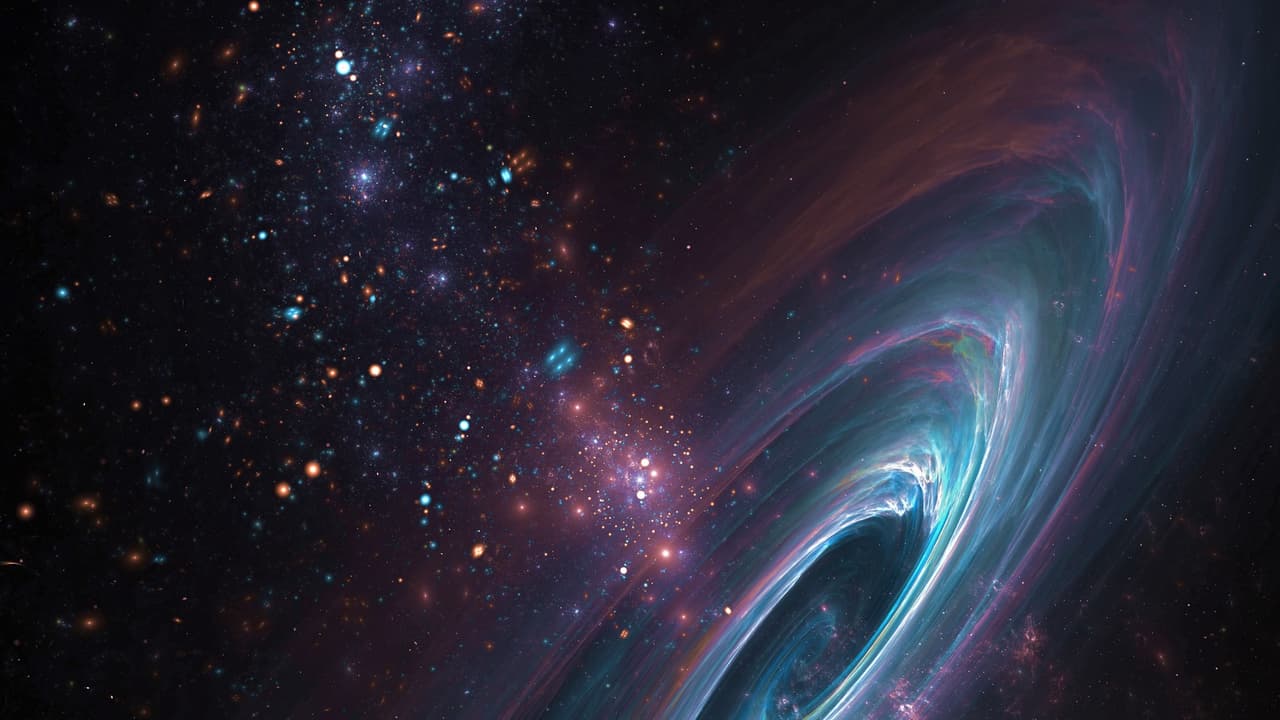New research suggests the universe’s expansion is slowing, not accelerating. Scientists say dark energy may be weakening, marking a major shift in cosmology and challenging long-held beliefs about how the universe evolves.
In a revelation that could rewrite modern cosmology, scientists have found evidence suggesting that the universe’s expansion may no longer be accelerating — it might actually be slowing down. The study, published in the Monthly Notices of the Royal Astronomical Society, challenges long-held assumptions about dark energy — the mysterious force thought to drive cosmic acceleration.
Dark Energy May Be Weakening
For nearly three decades, astronomers believed the universe’s expansion was speeding up, powered by dark energy acting as a form of “anti-gravity.” But a team led by Professor Young-Wook Lee of Yonsei University, South Korea, now suggests that dark energy’s strength could be fading faster than expected, possibly marking the beginning of a cosmic slowdown.
“Our research shows that the universe has already entered a decelerating phase,” said Prof. Lee. “If proven true, this would mark one of the biggest paradigm shifts since the discovery of dark energy itself.”
Rethinking Cosmic Measurements
The team re-examined Type Ia supernovae — exploding stars long used as “standard candles” to measure cosmic distances. They discovered a subtle but powerful bias: the age of the stars affects how bright the supernovae appear. Younger stars produce slightly dimmer explosions, meaning past measurements may have overestimated the universe’s acceleration.
After adjusting for this age factor, the data no longer supported the standard model of a constantly accelerating universe. Instead, it matched models suggesting that dark energy evolves — and weakens — over time.
Evidence from the Cosmic Past
When combined with data from the Dark Energy Spectroscopic Instrument (DESI) and the cosmic microwave background (CMB), the results became clear — the universe has likely already transitioned into a slowing phase.
The Future of Cosmology
The team plans to confirm their findings using data from the Vera C. Rubin Observatory in Chile, which is expected to map over 20,000 new supernovae in the coming years. With better precision, astronomers hope to understand whether this slowdown is temporary — or the start of a major cosmic shift.
“If dark energy is weakening, it could reshape our understanding of the universe’s fate,” said co-author Professor Chul Chung. “We may be witnessing a quiet turning point in cosmic history.”
